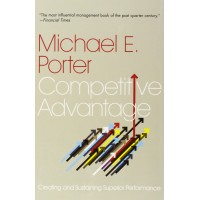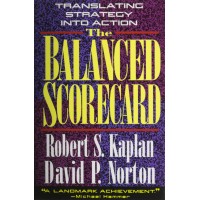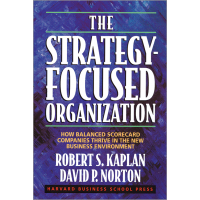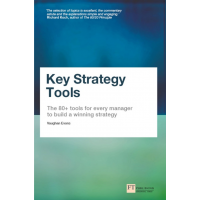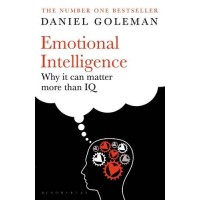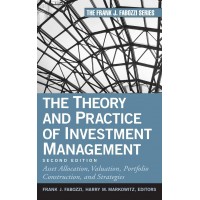The End of Alchemy: Money, Banking and the Future of the Global Economy
Something is Wrong with our Banking System
We all sense that, but Mervyn King knows it firsthand; his ten years at the helm of the Bank of England, including at the height of the financial crisis, revealed profound truths about the mechanisms of our capitalist society. In The End of Alchemy he offers us an essential work about the history and future of money and banking, the keys to modern finance. The Industrial Revolution built the foundation of our modern capitalist age. Yet the flowering of technological innovations during that dynamic period relied on the widespread adoption of two much older ideas: the creation of paper money and the invention of banks that issued credit.
We take these systems for granted today, yet at their core both ideas were revolutionary and almost magical. Common paper became as precious as gold, and risky long-term loans were transformed into safe short-term bank deposits. As King argues, this is financial alchemy—the creation of extraordinary financial powers that defy reality and common sense. Faith in these powers has led to huge benefits; the liquidity they create has fueled economic growth for two centuries now.
However, they have also produced an unending string of economic disasters, from hyperinflations to banking collapses to the recent global recession and current stagnation. How do we reconcile the potent strengths of these ideas with their inherent weaknesses? King draws on his unique experience to present fresh interpretations of these economic forces and to point the way forward for the global economy. His bold solutions cut through current overstuffed and needlessly complex legislation to provide a clear path to durable prosperity and the end of overreliance on the alchemy of our financial ancestors.
About the Author
Mervyn Allister King, Baron King of Lothbury, an economist who served as governor of the Bank of England(BOE; 2003–13). King, the son of a railway clerk, grew up in modest circumstances. His intelligence and drive took him to King’s College, Cambridge, where he earned a degree in economics in 1969. After studying at Harvard University, he taught at several schools, including the University of Cambridge and Massachusetts Institute of Technology; at the latter he reportedly shared an office with Ben Bernanke, who later became the chairman of the U.S. Federal Reserve System. King’s special area of interest was taxation; he coauthored a book on the British tax system, and, as a professor of economics at the London School of Economics (1984–95), he wrote a series of papers that analyzed the system’s weaknesses.King’s work brought him attention at a time when Prime Minister Margaret Thatcher’s Conservative Party government was seeking to simplify the tax system and reduce taxes. In 1990 King was appointed one of the BOE’s nonexecutive directors; the following year he became the bank’s chief economist. From that platform he preached in favour of placing the fight against inflation at the heart of economic policy. King’s careful avoidance of party political controversies meant that the incoming Labour Party government in 1997 also embraced him; one of Labour’s first policies—to give the BOE the freedom to set interest rates with the aim of controlling inflation—accorded precisely with King’s views. He became the BOE’s deputy governor in 1998 and governor in 2003. At first the United Kingdom’s economy grew steadily, and inflation remained under control.
In September 2007, however, the world recession started to affect the country as one of Britain’s main mortgage lenders, Northern Rock PLC, collapsed. Initially, King (and Chancellor of the Exchequer Alistair Darling) hesitated, and, for the first time in more than a century, there was a run on a major British bank as anxious savers formed long lines to withdraw their money. Eventually, the government nationalized the bank. A year later King faced criticism for keeping interest rates too high for too long as the economy started to contract. In response, King and his colleagues on the BOE’s Monetary Policy Committee acted boldly, expanding the money supply sharply and cutting interest rates to 0.5 percent by March 2009, by far the lowest in the BOE’s 300-year history. He also supported the administration’s austerity plan. Despite such efforts, however, the country’s economy was slow to recover. King became a vocal critic of the banking industry, but his suggested reforms, which included breaking up large banks, met with stiff resistance. When his term ended in 2013, King was succeeded by Mark Carney.
After leaving the Bank of England, King resumed his teaching career, joining the faculty at New York University. The recipient of numerous honours, King was made Officer of the Order of the British Empire (OBE) in 2011. Two years later he became a peer in the House of Lords, taking the title Baron King of Lothbury.

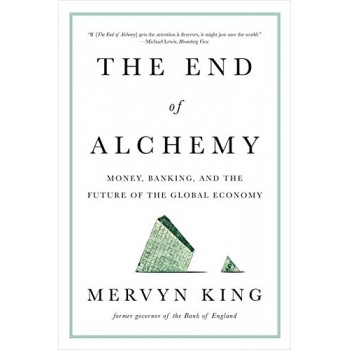
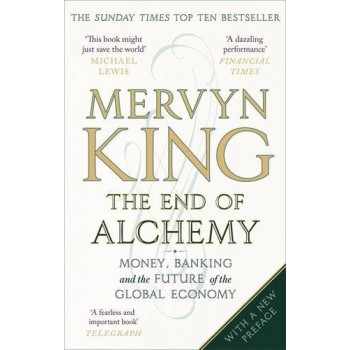

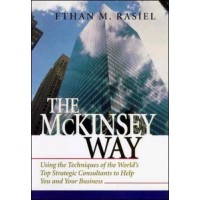
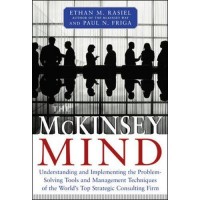
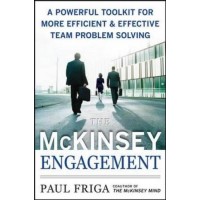
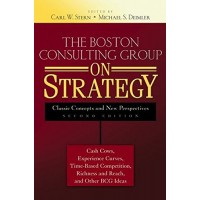
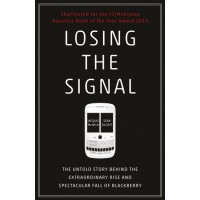



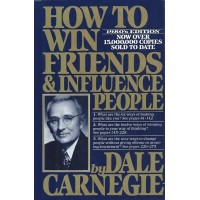



-200x200.jpg)
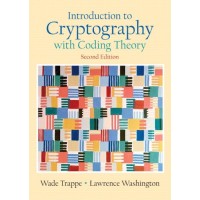
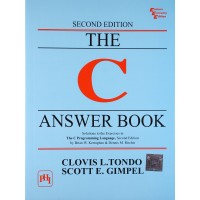
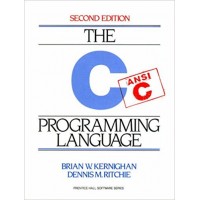



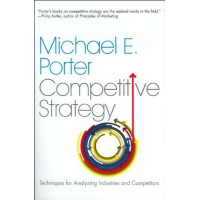


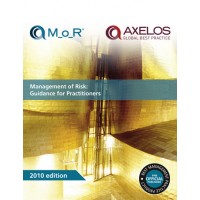

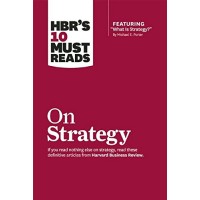

-200x200.jpg)

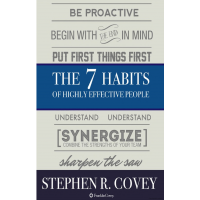
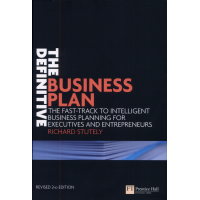
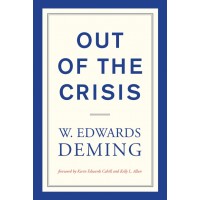
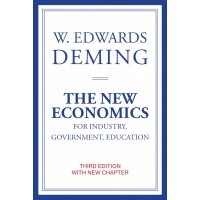

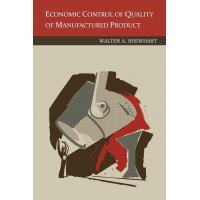
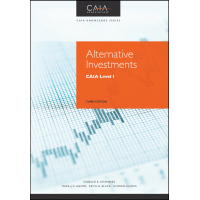
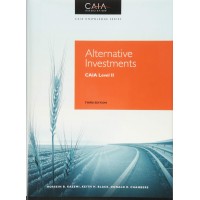
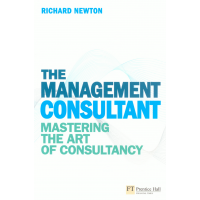
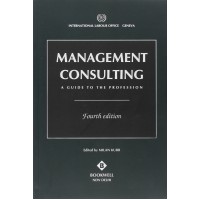
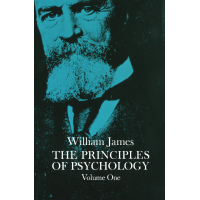
-200x200.jpg)
